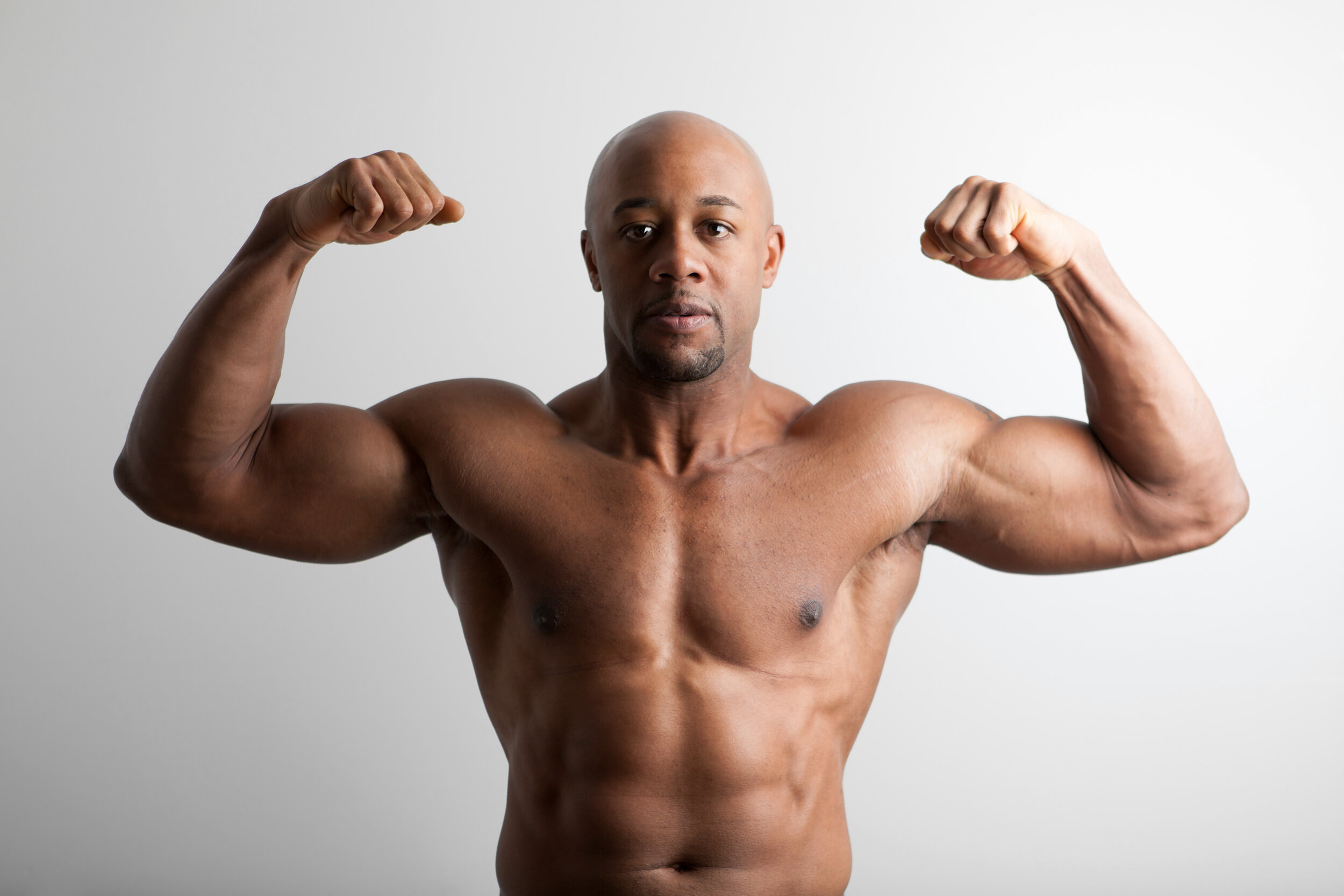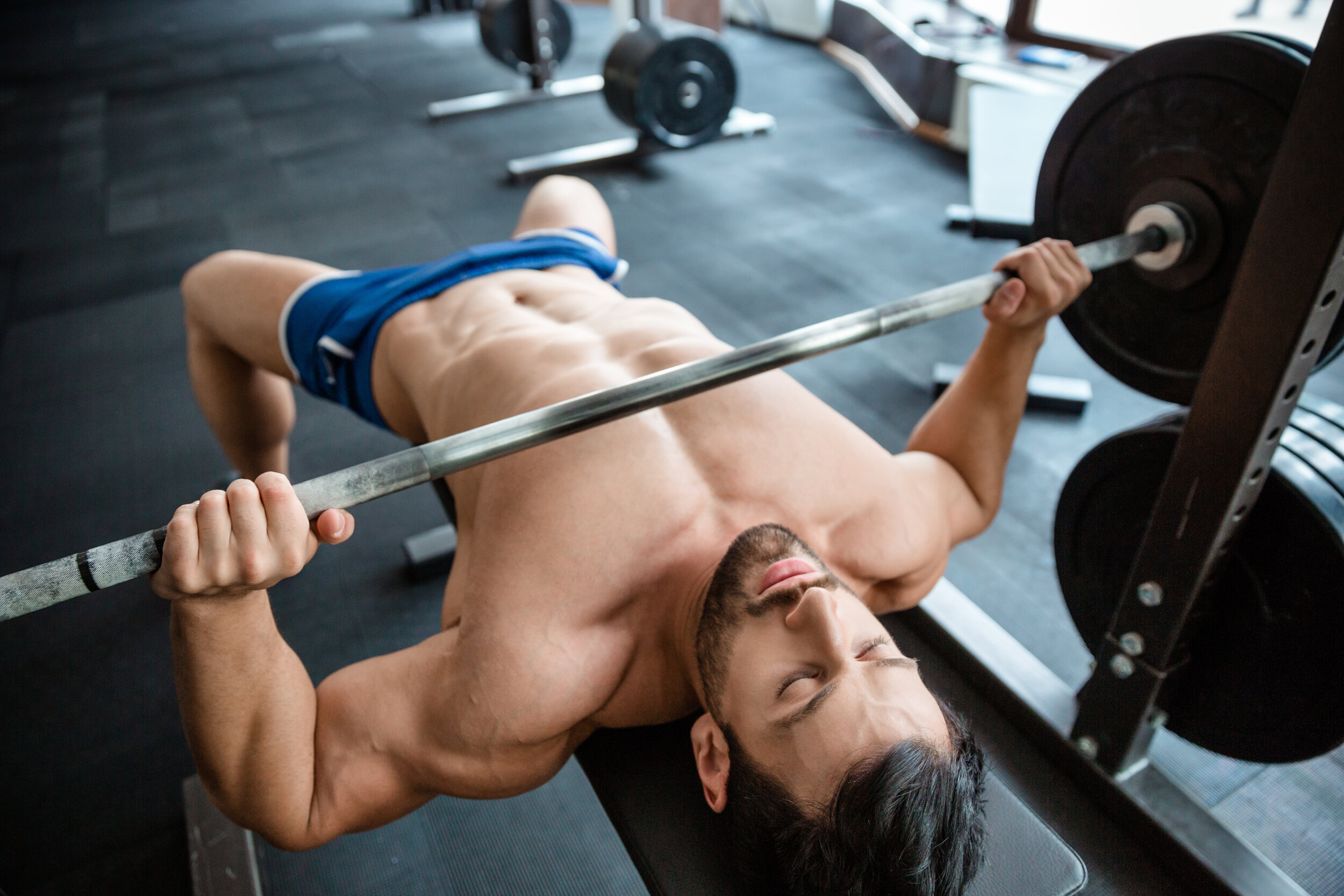

When Do We Physically Peak? (Physical Peaking Part 1)
Peaking in your career and peaking physically are usually going to be different, especially for weightlifters. While many professional athletes retire from competing in their 20s, it is not always because they have physically peaked. Social factors have a huge impact on both career peaks and physical peaks. High level athletes need time, money, and other resources in order to train at the level required to be competitive. A career usually comes to an end or doesn’t meet its full potential because of one or more of these resources is scarce or withheld from an individual.

Paused Reps In Your Training
Pauses in reps can be very useful for building muscle mass and practicing strict form, especially when doing higher reps or exercises where you tend to zone out or speed through. Pauses at the bottom of each rep helps keep you aware of your form as well as letting your muscles re-engage for the second part of the lift. Pause reps can be a great way to add more difficulty to your workouts, but it’s best to assess each lift to see if it will be beneficial.

Tapering And Peaking: Overlooked Tools For Maximizing Strength
Tapering and peaking can easily add 2-5% to your max lifts without much of any effort at all - in fact, it’s so deceptively easy that many people mess it up by training too hard. Here’s how you can taper and peak properly to maximize your strength for competition or max testing.
